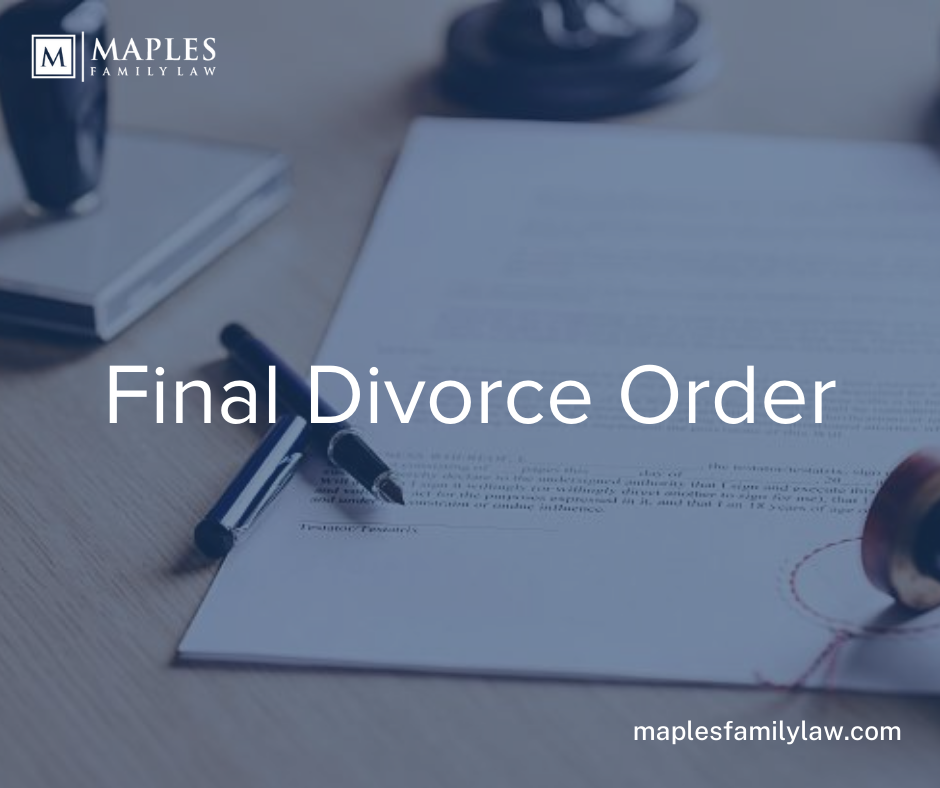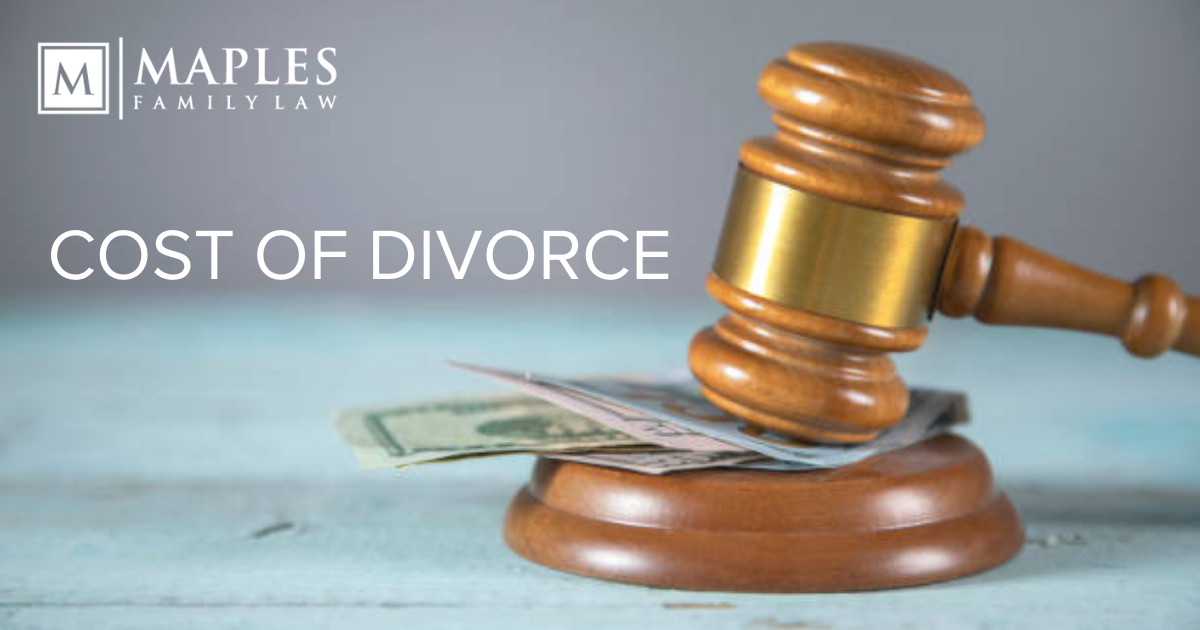
How to Deal With Your Co-Workers During Divorce
If you’re like most people going through divorce, you have a lot of company at work – and you know that people like to have water-cooler chats about each other fairly frequently. When you’re the person who’s going through a divorce, you’re going to be a hot topic at work. Here’s how to deal with your co-workers during divorce so you can maintain your sanity (and keep your job).
How to Deal With Your Co-Workers During Divorce
First things first: You should always keep the details of your divorce to yourself, especially at work. Even if your spouse doesn’t know any of the people you work with (which is a great reason to keep quiet in itself), you don’t want to cause yourself any grief now or in the future. Avoid talking about your divorce at work, and if possible, avoid telling many people – keep your personal business confined to your “circle of trust.”
With that said, once your co-workers find out you’re divorcing, you’re likely to be the subject of at least a few conversations… and some people may even approach you and ask you about it directly. Here’s what you can do:
- Be open and honest
- Maintain a good group dynamic
- Keep your family separate from your work
Let’s take a closer look at each of these so you can save yourself a big headache later.
#1. How to Deal With Your Co-Workers During Divorce: Be open and honest.

- Bad-mouthing your spouse
- Complaining about the process
- Discussing what you view as unfair about your divorce
- Sharing grisly details with your co-workers
Treat your own situation like you’d treat another person’s major life transition: Keep details to a minimum, but provide truthful answers when you can. (If someone asks you if you’re divorcing because your spouse cheated on you or otherwise gets too personal, politely tell them that you don’t want to discuss the details and you’d appreciate if they’d respect your boundaries. Try to be polite, anyway – we know how it is.)
#2. How to Deal With Your Co-Workers During Divorce: Maintain a good group dynamic.

There are two reasons you absolutely must do this. One is that when you show everyone you’re still operating normally, and that your current situation isn’t impacting your job performance, people will lose interest in your personal life. The second reason is that even though many employers will realize you’re going through a tough time and provide you with certain accommodations, it’s important to show that you can still perform under pressure – and you’ll be able to keep your job.
If gossip spins out of control, or if you’re experiencing some kind of harassment due to your divorce, you absolutely must talk to a supervisor or your company’s Human Resources department to nip the problem in the bud.
#3. How to Deal With Your Co-Workers During Divorce: Keep your family separate from your work.

Are You Considering Divorce?
If you’d like to discuss your options and learn about how divorce might be one of them, call us at (209) 989-4425 or get in touch with us online to talk to a lawyer who can help today. We’ll help you with every question you have about divorce, from child custody and child support to alimony and property division.






